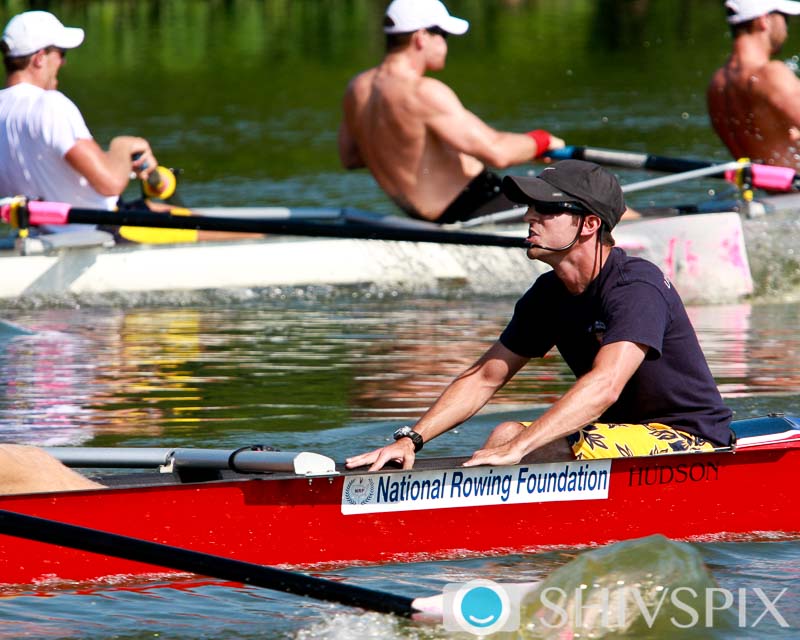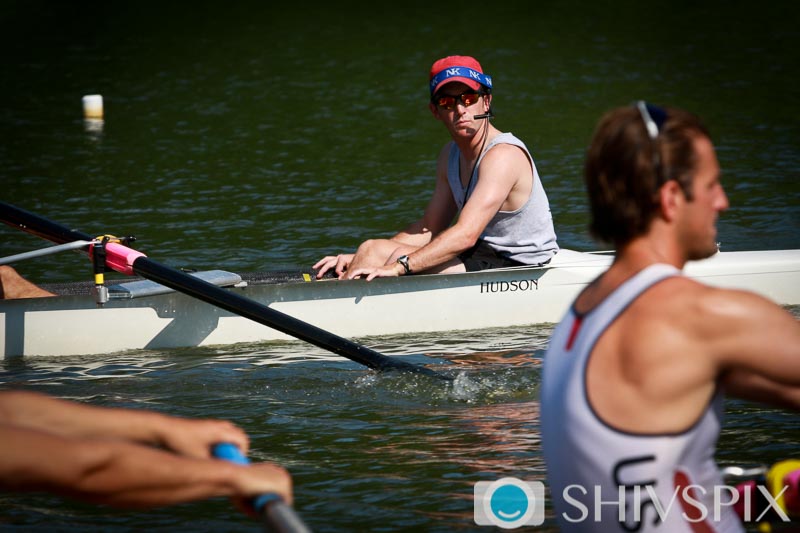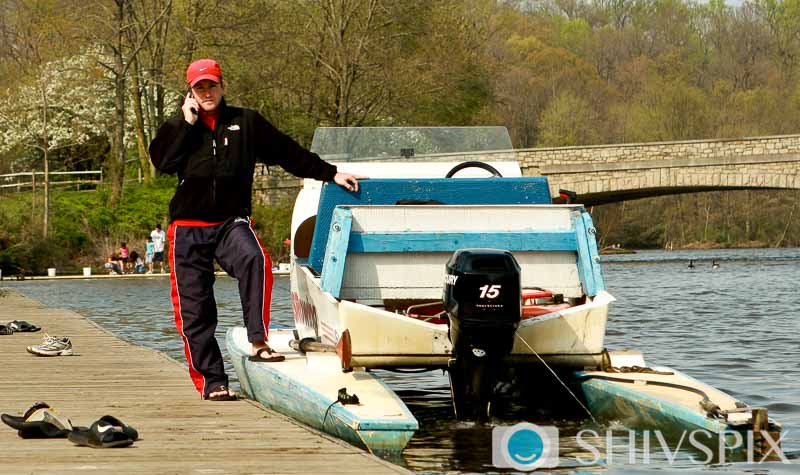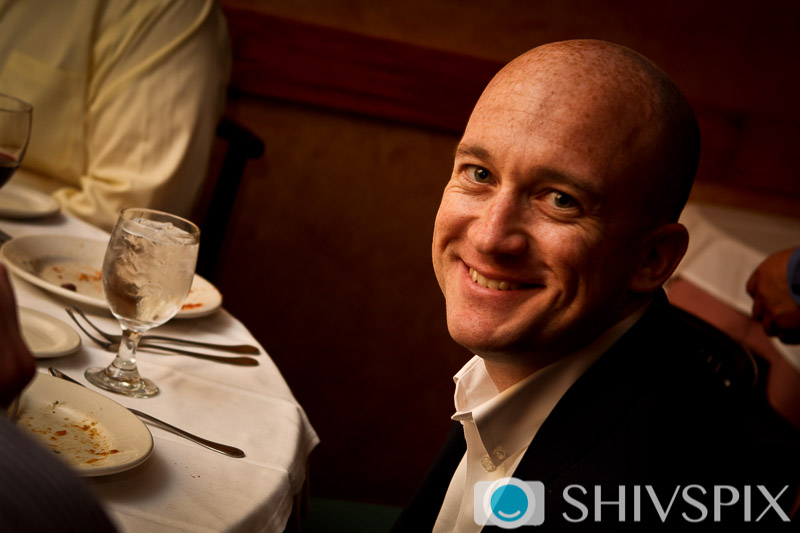How do you make sure that you are on everyday at practices and races without being repetitive? What do you to make sure that the rowers are really responding to your calls and are engaged in what you are saying? –Lisa
All that concerns me is keeping a straight line and not crashing. However, in masters clubs some crews want a life coach on the boat so how do you keep them motivated without becoming “white noise”? –g
In keeping with our statures, here are some “short” answers:
1. Use humor to create mental breaks and increase focus
2. If you do not have something useful to say, silence is perfectly acceptable
3. Spend more time listening, observing and diagnosing
Humor
Silence
When all this focus and intensity bleeds over into physical and psychological tension, people stop improving. That is another reason people row: to challenge themselves and advance their skills. A cox who can recognize when the crew has crossed this line has a golden opportunity to prove his or her worth. When someone’s head is about to explode, ride it out to the next break in the action, and then tell a quick joke or a funny story. Even a few seconds’ mental break can have a great effect for getting your athletes fresh and back into the game, ready to start getting faster again. On certain occasions, I have even told extended stories while we were doing long steady state pieces. It is the on-water equivalent of watching a movie while erging. Just make sure you have some good jokes, stories and anecdotes at the ready. And try to keep it rated-G just in case there are family members in the launch.
Listen
If you practice this, you will find yourself making fewer calls but with greater and more immediate impact. Otherwise, you are just filling empty space with noise and training your rowers to tune you out. And of course, remember that steering straight is hard and requires practice. Tell the crew “I am going silent for two minutes to practice going straight.” A lot can happen in two minutes. I am sure you will feel or see something that inspires your next call when it is time to get back on the microphone.
– Pete Cipollone
Enjoy reading this? Read the full collection of coxswain tips.
Interested in taking an even deeper look at how national team athletes train and race? Check out The Longest Odds.
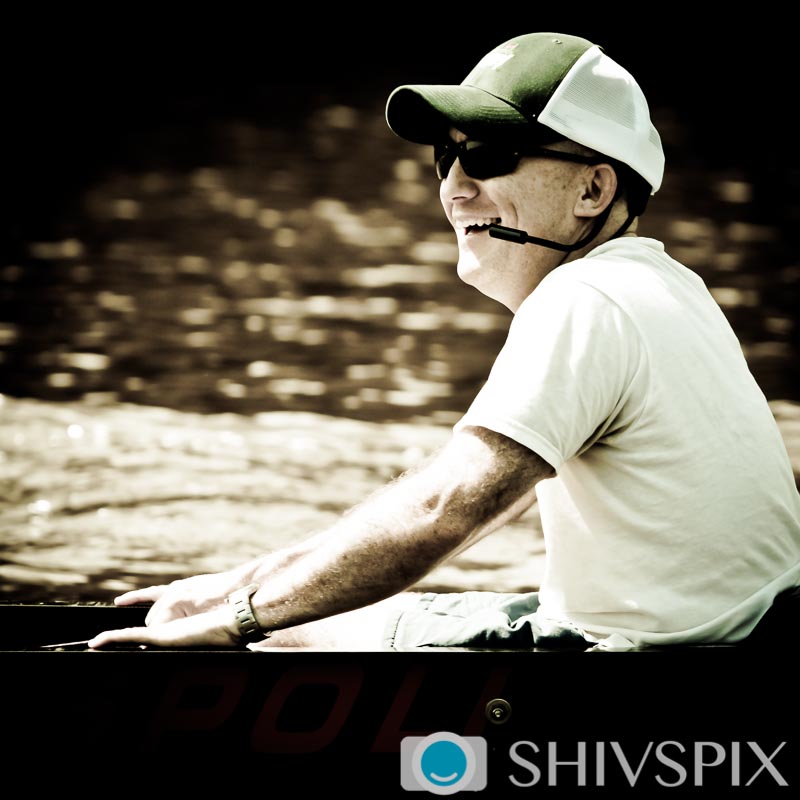
Pete Cipollone
Pete Cipollone was a coxswain for the US National Team from 1997-2004. He joined the team after graduating from the University of California, Berkeley, and his career highlights include gold medal wins in the M8+ at the 1997, 1998, and 1999 World Rowing Championships, as well as a gold medal from the 2004 Athens Olympics.
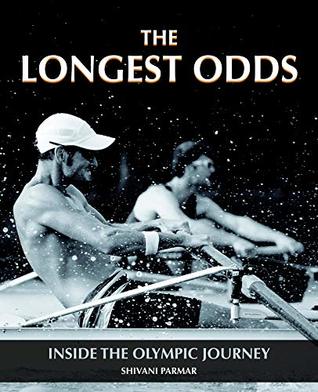
The Longest Odds
Go behind the scenes of the Olympic Journey with The Longest Odds, a photo-documentary that goes inside the Beijing and London Olympic journey of the US Olympic rowing team.
This book illustrates what you do not see on television – it’s a raw look at what athletes go through during their years-long journeys much before anything appears on television.
The Longest Odds allows us to see those highs and lows, the conflicts, joy, exhaustion, elation, fear – and most of all, the bonds of friendship being indelibly forged.
More galleries you may be interested in
Ned DelGuercio Shares Tips on Coxing a 2k
Anything that comes through your microphone should be useful information. Thinking out loud can make you a liability to your crew’s performance.
Marcus McElhenney’s Tips for When You’re Behind
Remember the rowers are listening to you and no matter what the situation you can always take a positive tone.
Losing weight as a coxswain
Team USA coxswain Pete Cipollone shares his thoughts on losing weight as a coxswain


